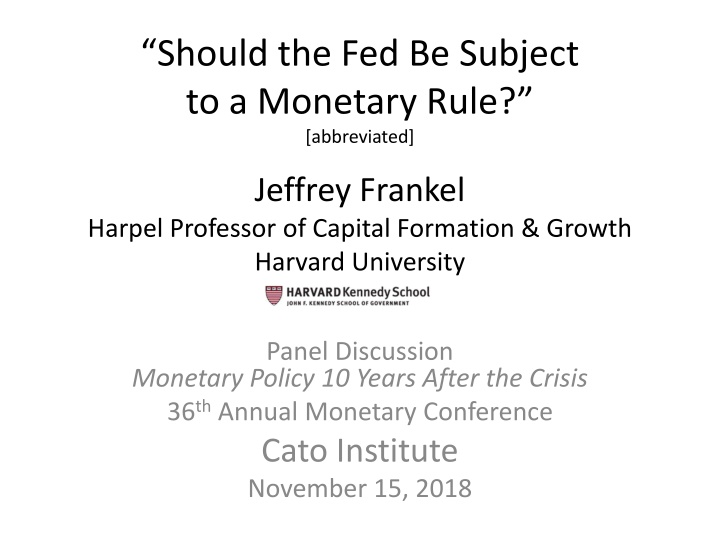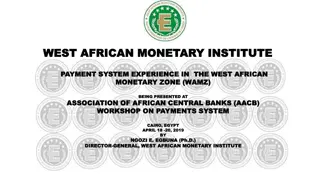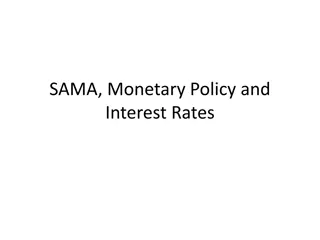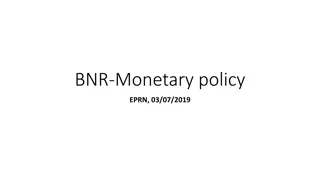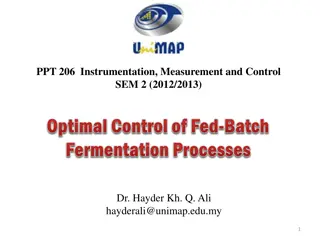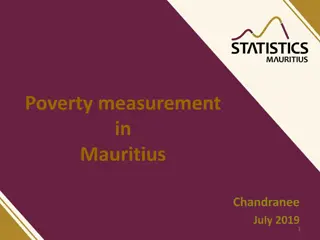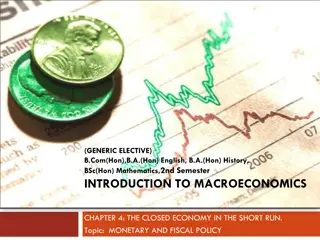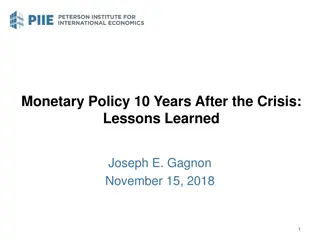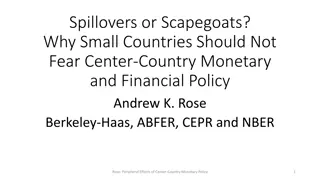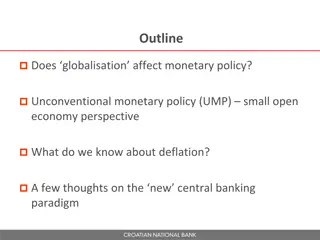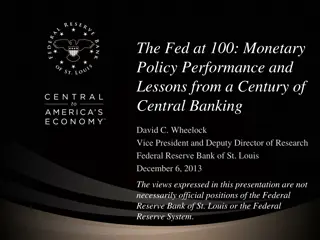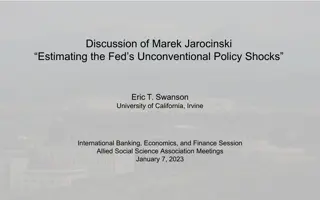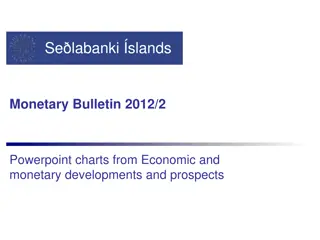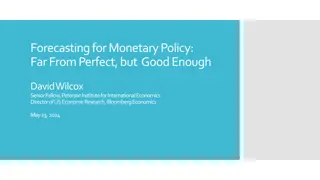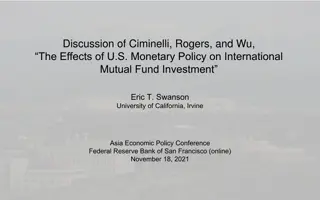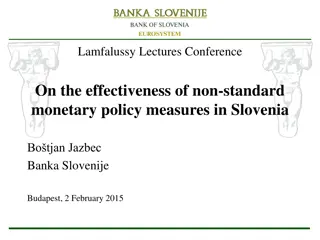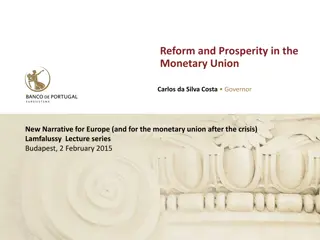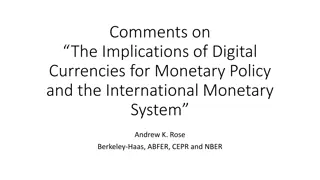Should the Fed Be Subject to a Monetary Rule?
The discussion explores the extent to which central banks should be constrained and proposes Nominal GDP targeting as a robust solution. Insights are shared on the challenges of implementing rules and the potential impacts of political interference on monetary policy.
Download Presentation

Please find below an Image/Link to download the presentation.
The content on the website is provided AS IS for your information and personal use only. It may not be sold, licensed, or shared on other websites without obtaining consent from the author.If you encounter any issues during the download, it is possible that the publisher has removed the file from their server.
You are allowed to download the files provided on this website for personal or commercial use, subject to the condition that they are used lawfully. All files are the property of their respective owners.
The content on the website is provided AS IS for your information and personal use only. It may not be sold, licensed, or shared on other websites without obtaining consent from the author.
E N D
Presentation Transcript
Should the Fed Be Subject to a Monetary Rule? [abbreviated] Jeffrey Frankel Harpel Professor of Capital Formation & Growth Harvard University Panel Discussion Monetary Policy 10 Years After the Crisis 36thAnnual Monetary Conference Cato Institute November 15, 2018
Summary bullet points Two distinct questions: (1) To what extent should the central bank be constrained? (2) To whatever extent it is constrained by a rule, what should that rule be? I have argued for Nominal GDP targeting because it is robust with respect to supply shocks while inflation targets are not. But I am increasingly convinced that the constraint must be very loose. Central bankers, even if sincere, are seldom able to fulfill commitments to nominal targets, rules, or even their own forward guidance. Hence my mild proposal: Add a row for Nominal GDP to the FOMC s Summary of Economic Projections. Report NGDP in the 1strow of the SEP table . A further thought regarding a different kind of constraint: if the Fed loses political independence, monetary policy may become pro-cyclical: tighter when unemployment is above 9% & looser when it is at 3.7%.
SEP table in June 2018 Change in nominal GDP
